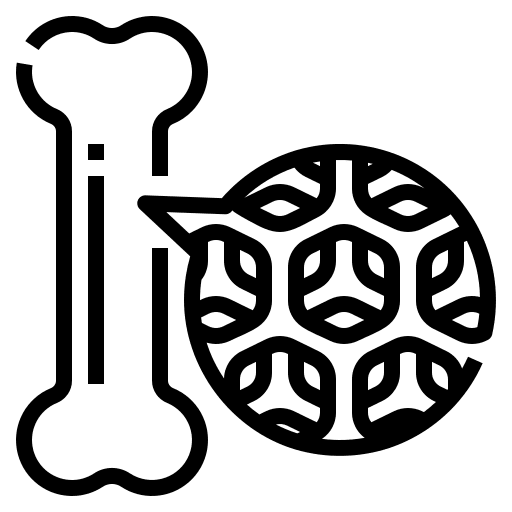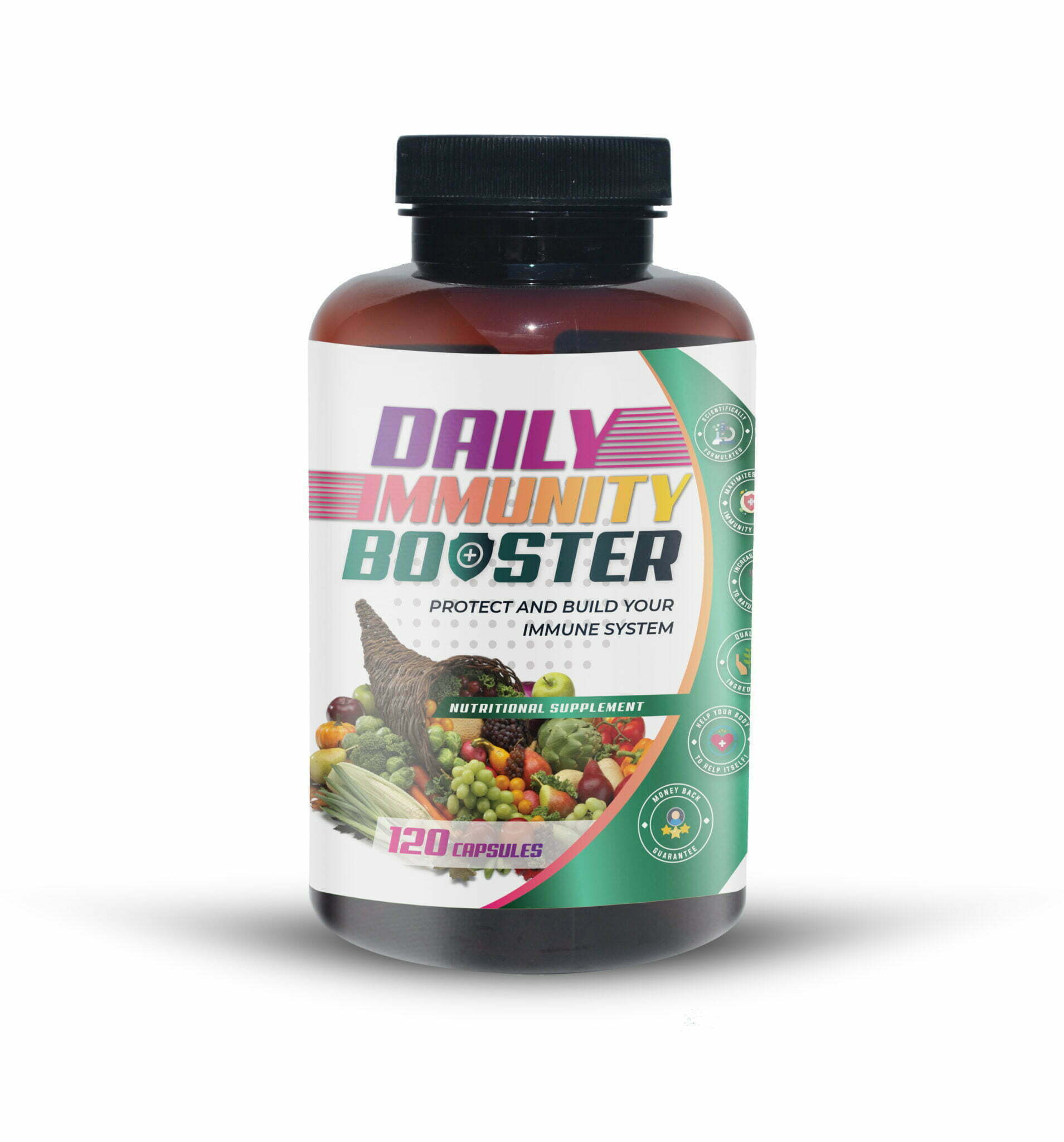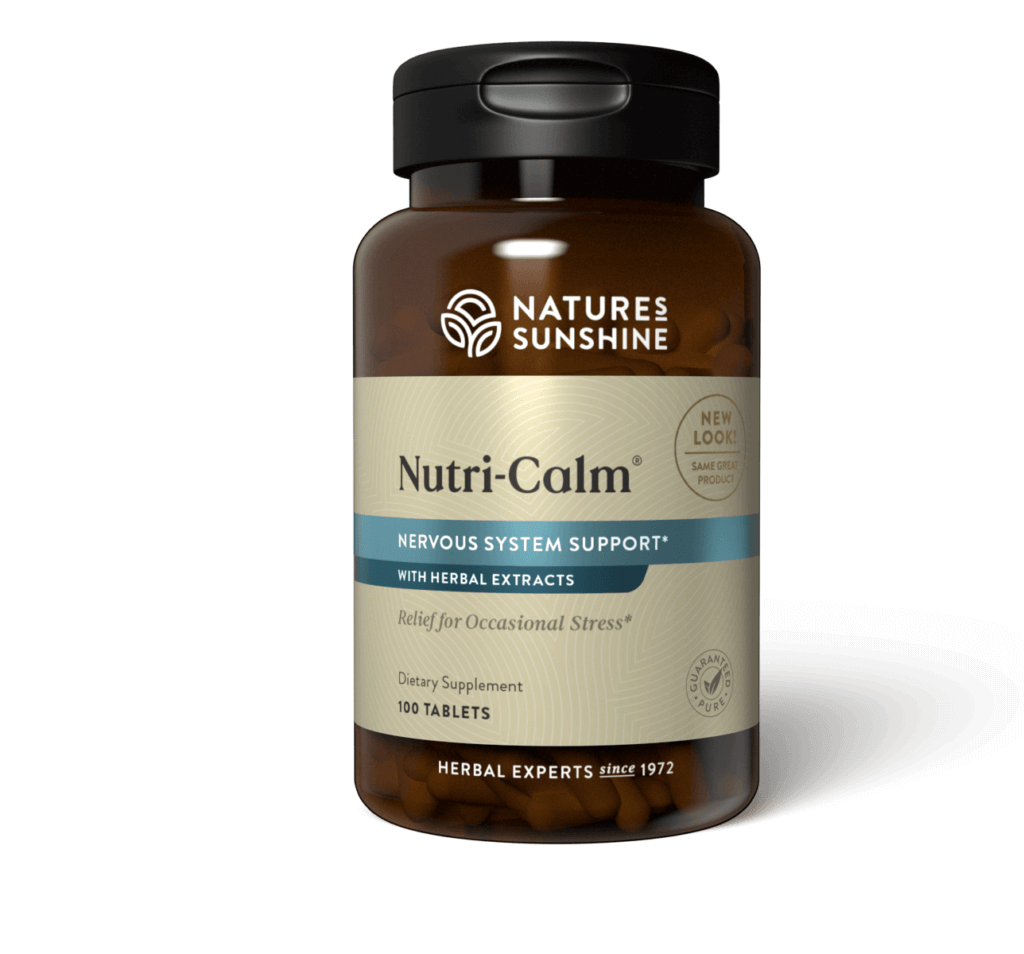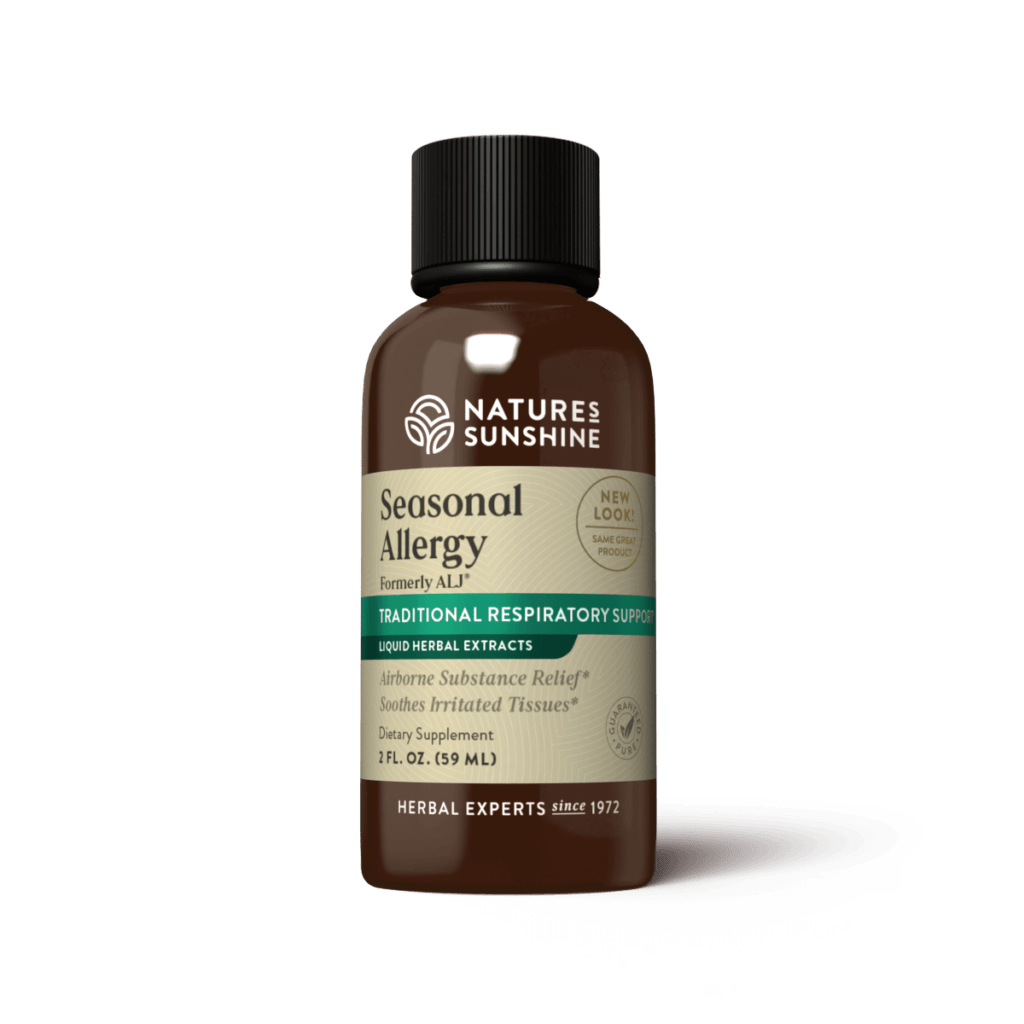Food Is Your Best Medicine

Over two millennia ago, the visionary Greek physician Hippocrates imparted timeless wisdom: “Let your food be your medicine, and your Food As Medicine” Remarkably, this adage still resonates today, emphasizing the pivotal role nutrition plays in maintaining good health. This blog delves into the intersection of nutrition and herbal medicine, blurring the lines between what we eat and the remedies we seek.
The Seamless Blend of Herbal and Nutritional Medicine
In the realm of health, herbal medicine seamlessly merges with nutritional medicine. Many herbs, integral to traditional remedies, have culinary roots—think of rosemary, thyme, or basil. Remarkably, plants often recognized for their medicinal properties, like dandelion, chickweed, and burdock, were once staple foods. Herbal medicine, therefore, extends the idea that food is medicine, a holistic approach to well-being.
Food As Medicine: The Vision of a Prescription Pad Laden with Produce
Imagine a world where doctors prescribe food before pharmaceuticals. In this utopian scenario, common health problems find resolution in the aisles of grocery stores. Everyday foods, including culinary herbs, emerge as non-toxic remedies, sidestepping the need for costly drugs and invasive medical procedures. While this dream may remain distant, exploring the healing potential of everyday foods becomes imperative.
Everyday Superfoods: A Pantheon of Food As Medicine Healing
Advantages
These foods boast a rich nutrient profile, from fiber in apples to antioxidants in asparagus, contributing to digestive health and immunity.
Disadvantages
Excessive consumption may lead to minor issues like bloating, emphasizing moderation in enjoying these nutritional powerhouses.
Blueberries, Cabbage, and Figs: Guardians of Wellness
Advantages
Blueberries, known for their antioxidants, and figs, rich in fiber, promote heart health and regulate digestion.
Disadvantages
Cabbage, while nutrient-dense, may cause flatulence in some individuals, a consideration for those with sensitive stomachs.
Grapes, Kale, and Lemons: A Symphony of Nutrients
Advantages
Grapes’ resveratrol and kale’s kaleidoscope of vitamins contribute to anti-aging, while lemons’ citric punch aids in detoxification.
Disadvantages
Overconsumption of acidic lemons may impact tooth enamel, warranting mindful consumption.
Mushrooms, Oats, and Olive Oil: Culinary Alchemy for Health
Advantages
The immune-boosting properties of mushrooms, the heart-healthy oats, and the anti-inflammatory benefits of olive oil underscore their nutritional prowess.
Disadvantages
A high intake of olive oil may lead to calorie excess, emphasizing the importance of portion control.
Radishes to Zucchini: Unveiling Nature’s Remedies
Beyond the highlighted superfoods, a plethora of everyday staples like radishes, tea, vanilla, potatoes, and watermelon stand as untapped reservoirs of healing potential. From the immune-boosting properties of radishes to the hydrating prowess of watermelon, each item in our kitchen holds a unique key to well-being.
Frequently Asked Questions
1. Can I replace medication with these foods?
While these foods offer holistic benefits, they can’t replace prescribed medication entirely. Consultation with healthcare professionals remains crucial.
2. Are there any risks in relying on food for healing?
Excessive consumption can lead to imbalances or allergies. Moderation and awareness of individual health conditions are essential.
3. How can I incorporate these foods into my diet?
Gradual inclusion in meals, diversified recipes, and consulting a nutritionist ensure a balanced approach to reaping the benefits.
4. Can food-as-medicine practices aid mental health conditions?
Emerging research suggests a link between nutrition and mental health. However, it’s vital to integrate these practices as part of a comprehensive mental health strategy.
5. Can children and seniors benefit from a food-as-medicine perspective?
Absolutely. Adjustments may be needed based on age-related nutritional requirements, but a balanced diet remains crucial for all age groups.
6. Do certain medical conditions require specialized food plans?
Yes, conditions like diabetes or heart disease may require specific dietary adjustments. Always consult with a healthcare provider for personalized advice.
7. Are supplements necessary to complement a food-as-medicine approach?
In some cases, supplements may be recommended to fill nutritional gaps. However, reliance should primarily be on whole, nutrient-dense foods.
Embracing the wisdom of Hippocrates, our daily food can be a powerful ally in maintaining health. While the dream of doctors prescribing food as medicine persists, exploring the healing potential of everyday foods offers a practical and accessible path to well-being. Let’s savor the nourishing benefits of nature’s remedies and take a step towards a healthier, more balanced life.
If you enjoy reading our blog, be sure to stay tuned for more health-related articles. Explore ‘The ABCs of Good Health,’ Nature’s Sunshine’s Ayurvedic Herbs , and discover a wealth of valuable information on maintaining a healthy lifestyle.













